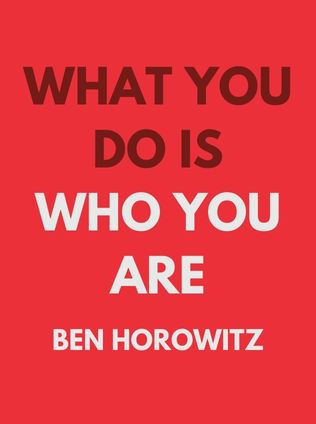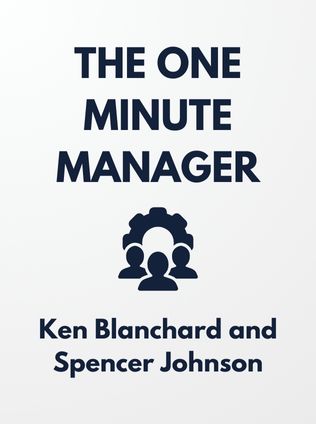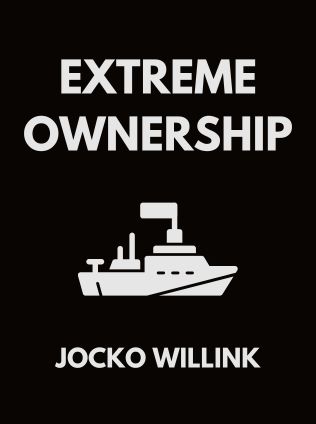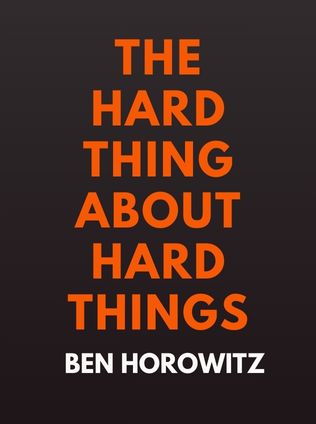
What You Do Is Who You Are
How to Create Your Business Culture
By Ben Horowitz
Published 10/2019
About the Author
Ben Horowitz is a name synonymous with Silicon Valley's rise and evolution. As a co-founder of Andreessen Horowitz, one of the most influential venture capital firms in the tech industry, Horowitz has been at the forefront of investing in and guiding some of the most successful startups of our time. His background as a CEO who has navigated the complex dynamics of scaling businesses gives him a unique perspective on leadership and organizational culture. Horowitz's insights are not just theoretical; they are grounded in real-world experience, making his advice both practical and profoundly impactful. His book, "What You Do Is Who You Are," is a culmination of his experiences and observations on the critical role that culture plays in the success or failure of an organization.
Main Idea
"What You Do Is Who You Are" is not just a book about culture; it is a manual for leaders who aspire to create and sustain cultures that drive organizational success. Horowitz argues that culture is the sum of the behaviors and decisions made by everyone in the organization, influenced by the actions and messaging of its leaders. He emphasizes that culture is not about having a set of values written on a wall; it is about the lived experiences of the people within the organization. The book draws on historical examples from the samurai of Japan to the revolutionary leader Toussaint Louverture, showing how different leaders created and maintained cultures that defined their legacies. Through these examples, Horowitz demonstrates that intentional culture-building is not just a leadership responsibility but a strategic imperative.
Table of Contents
- Why Culture Matters
- Core Elements of Intentional Cultures
- Lessons From the Samurai Honor Code—Develop Virtues
- Lessons From Genghis Khan—Be Inclusive
- Lessons From Toussaint Louverture—Model and Reinforce the Culture You Want
- Lessons From Shaka Senghor—Never Stop Improving Your Culture
- Cultures Have Built-In Challenges
Why Culture Matters
In any organization, culture serves as the invisible hand that guides how employees think, behave, and make decisions. Horowitz argues that this invisible hand is critical because it aligns the organization's efforts with its overarching vision. When culture is intentionally designed and maintained, it can propel the organization towards its goals with a unified force. Conversely, a neglected or poorly defined culture can lead to confusion, inefficiency, and ultimately, failure.
Horowitz identifies three primary reasons why culture should be at the forefront of every leader's mind:
- Vision Alignment: A strong culture ensures that employees make decisions that consistently move the organization towards its strategic objectives. This alignment is crucial because it means that even in the absence of direct supervision, employees will act in ways that support the company's mission.
- Performance Boost: When employees understand the purpose behind their work and feel that they are part of something larger than themselves, their motivation and performance increase. This shared sense of purpose is what transforms a group of individuals into a cohesive, high-performing team.
- Industry Disruption: A strong culture, combined with a great product or service, can disrupt entire industries. Horowitz provides examples of how companies with a clear and compelling culture have not only succeeded in their own right but have also set new standards that others in the industry strive to emulate.
“Culture is how your company makes decisions when you’re not there.” - Ben Horowitz
Horowitz's argument is clear: culture is not a secondary concern; it is a fundamental driver of success. Leaders who fail to recognize this risk allowing their organizations to drift aimlessly, with employees creating their own subcultures that may not align with the company’s goals.
Core Elements of Intentional Cultures
Creating an intentional culture is not about copying what other successful companies are doing. Instead, it involves deeply understanding your own strengths and aligning them with the strategic needs of the organization. Horowitz outlines two core elements that are essential for building and sustaining an intentional culture:
Leadership Reflection
Your culture should be a reflection of who you are as a leader. This means that your strengths and beliefs should be at the heart of the culture you create. When leaders design cultures that align with their natural inclinations, they are more likely to sustain those cultures over the long term. However, it is equally important to be aware of your weaknesses and ensure they do not negatively influence the culture.
Sign up for FREE and get access to 1,400+ books summaries.
You May Also Like
The Lean Startup
How Today's Entrepreneurs Use Continuous Innovation to Create Radically Successful Businesses
By Eric RiesWho Moved My Cheese?
An Amazing Way to Deal with Change in Your Work and in Your Life
By Spencer Johnson, M.D.Make Your Bed
Little Things That Can Change Your Life...And Maybe the World
By William H. McRavenThe Ride of a Lifetime
Lessons Learned from 15 Years as CEO of the Walt Disney Company
By Robert IgerThe Hard Thing About Hard Things
Building a Business When There Are No Easy Answers
By Ben Horowitz



















